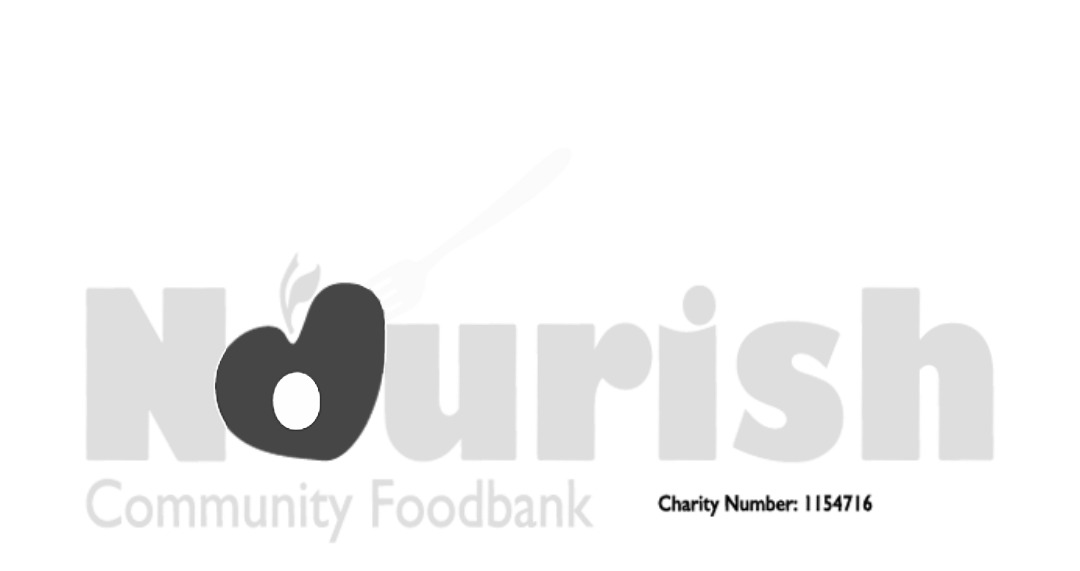The Christmas Party – does The Revenue enjoy the fun or ruin the party?
The season of peace and goodwill is well and truly upon us! And for many this heralds that most joyous of events, the staff Christmas party!! Apparently the most popular day for this event is the Thursday of the second week of December, who knew?
Drinks and meals out are the usual staff treat, some with a twist such as themed events or dance and karaoke nights. Some of my clients have been more adventurous in their offering with my personal favourite being a class in natural life drawing! Fortunately it was a mild December.
Whatever the event there are some simple rules that need to be followed to ensure that The Revenue will join in the fun with you.
HMRC allows businesses to spend up to £150 per head per year on staff events, including a Christmas party. This allowance is an exemption, not a relief. If you exceed the £150 per head limit, the entire amount becomes taxable, not just the excess. Now to be totally clear, this limit does include VAT and applies to the total cost of the event, including venue hire, food, drinks, entertainment, accommodation, and transport. This £150 per head allowance applies across all staff events in a single tax year and if you hold multiple events, e.g., a summer barbeque and a Christmas party, the combined cost per head must not exceed £150. Finally, any events held do have to be open to all members of staff, whether you like them or not!
If you are really generous you may also want to give Christmas gifts to your team. HMRC will allow you to do this without tax or national insurance implications if they can be deemed trivial benefits. To do this they must cost £50 or less and not be part of their contract or a reward scheme. Bottles of wine, boxes of chocolates and in the case of my adventurous client, a set of crayons, are all perfectly acceptable.
Do the revenue enter into the Christmas spirit?
They do in part but their Secret Santa stocking isn’t overflowing and any gifts they give can be taken back if the rules aren’t followed. To keep Scrooge at bay it is essential to keep accurate records showing that you have understood and properly followed the guidelines.
So I hope that whatever Christmas treat you have planned for you and your team it is a fabulous festive celebration. And don’t forget to lift a glass to thank the HMRC for being more Santa’s little elf helpers rather than the full on Scrooge!
Wishing you all a Happy Christmas and a very prosperous New Year.









